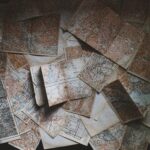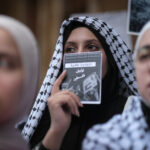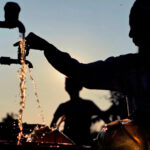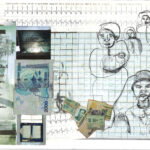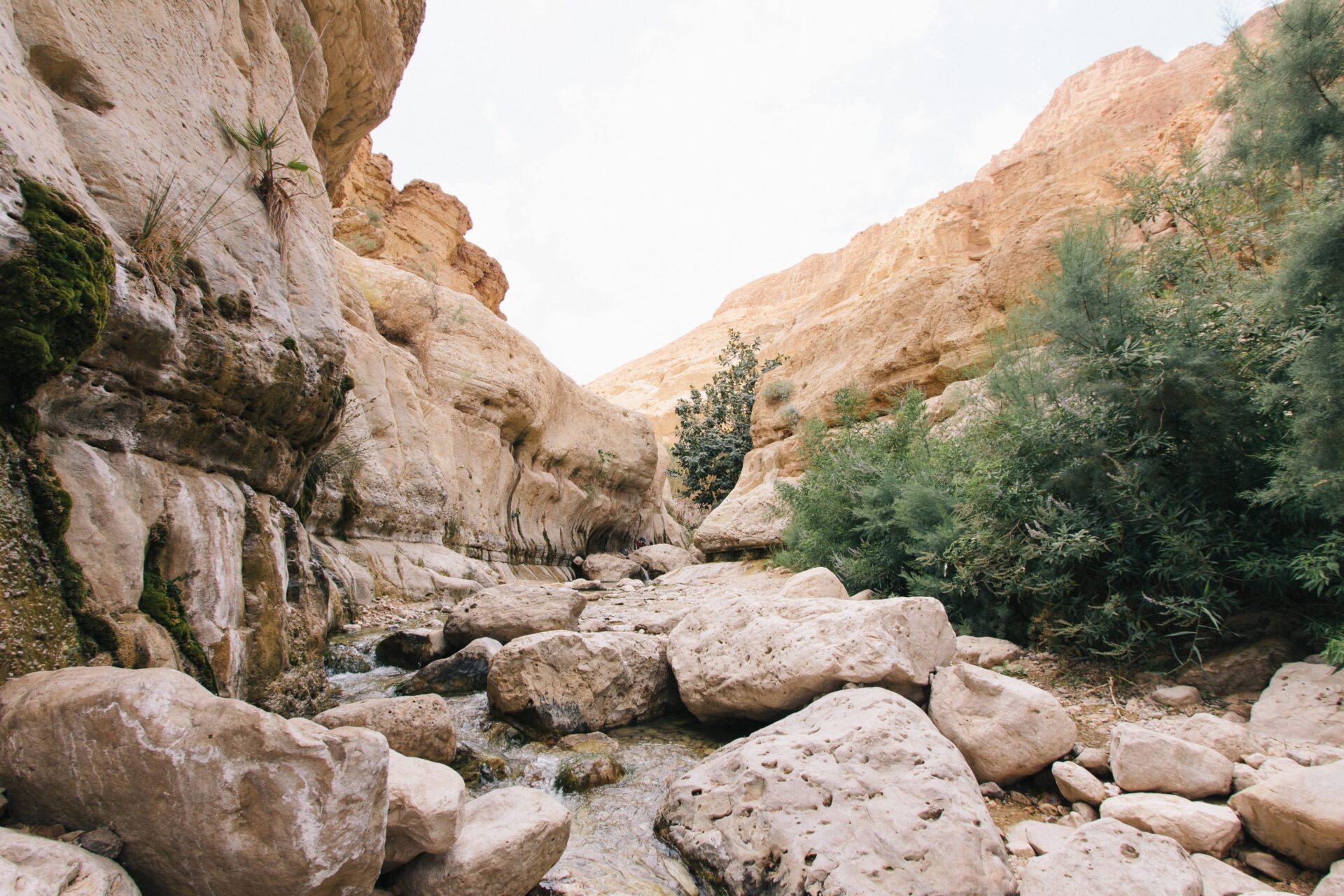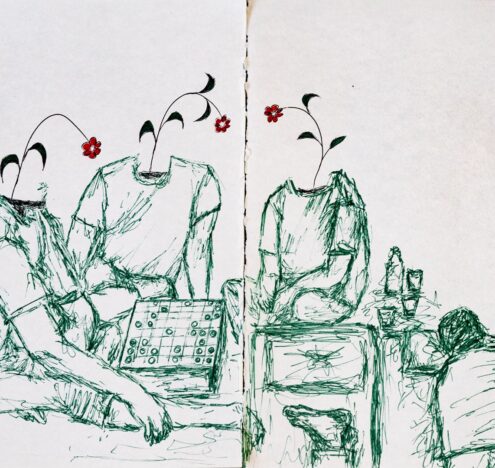As I navigated through the dimly lit rooms of our overcrowded home, the gravity of our situation weighed heavily on my mind. The scarcity of clean water amid the raging conflict between Hamas and Israel has become the center of our daily struggle as Israel has cut off food, water, and electricity since the conflict started on Oct. 7, 2023, leading to desperate humanitarian conditions for the more than two million Palestinians living in one of the world’s most densely populated areas.
Reality hit hard when I heard my mother’s voice crack with frustration over the phone one day at home. I rushed towards her, and she told me that the water street vendor had demanded an exorbitant sum of 400 NIS — roughly $100 — for about 4000 liters of water, about four times higher than the price before the war. This amount was ludicrous, but what choice did we have? Our home, sheltering more than 60 people, including 25 family members and others who had nowhere else to turn, was desperate for water.
A History of Water Woes
Even before the cacophony of war began to echo through the streets of Gaza last month, the water running beneath the battered ground was crying out for attention — 96% of it is unfit for human consumption, as reported by the Palestinian Water Authority and later quoted by UNICEF. This was not merely a statistic; it was a dire warning that had been overshadowed by the immediacy of conflict.
Water — the essence of life — is an enduring struggle here, and a source of daily anguish.
Fuel shortages have further compounded our plight. Without gas to fuel them, the desalination plants — our lifeline — are inactive and useless and we have no hope for potable water from these facilities. Since the conflict began, not a single liter of fuel has been provided to Gaza. The price of one liter of fuel has skyrocketed to 70 Israeli shekels, or about $20, a far cry from the usual 5 NIS.
A week into the war, my father and I set out for the nearest desalination station, our hearts sinking as we caught sight of a line that stretched two streets long. People from all walks of life stood in line: young men with a determined look in their eyes, women cradling their children, weary elderly individuals leaning on their canes, and children with eyes too old for their years. They all waited, gallon jugs and storage tanks in hand, ready to be filled and hauled away on donkey carts.
The price for the water was beyond reach for most, and with a heavy heart, I saw the despair in their eyes. Each drop of water was now a luxury, and as I stood there with my father, I realized the magnitude of our shared struggle. The battle for survival wasn’t just being fought in the streets with weapons; it was a battle for the very essence of life — clean water. And in this war, every single one of us was on the front line.
An Undue Burden
The war had not only stripped us of our security but also of our roles within the fabric of our families. As I mingled with those taking refuge in the UN schools, my purpose as a journalist was to capture the stories untold, the personal accounts of those affected by the conflict. Among the chaos, I noticed him — Osama, a boy of 13, whose tender age was belied by the weight of responsibility I saw in his worn gaze.
The battle for survival wasn’t just being fought in the streets with weapons; it was a battle for the very essence of life — clean water. And in this war, every single one of us was on the front line.
Osama appeared as a stark contrast to other children his age. Where they might have been playing or attending school, he was engaged in a relentless cycle of survival, pushing a heavily loaded cart with big jugs designed to hold up to 20 liters of water each. It was a task that seemed to demand the strength and resolve of someone twice his age, yet here he was, laboring under the burden without complaint.
I approached him, my journalistic instincts tinged with a deeper sense of empathy. “Why are you the one doing this?” I inquired gently, conscious of the reality that in times of war, the innocence of childhood is often the first casualty.
The answer came wrapped in a blanket of heartache. “We fled the north, and my older brothers were killed,” he shared with a quiet stoicism in the face of the enormity of his loss. In the absence of his brothers, the mantle of provider had fallen on his slender shoulders.
Osama, who travels a long distance for about 30 minutes, recounted how he makes several trips each day, ensuring that his family, now reduced to 10, has enough water for drinking and other daily needs. Each round trip was a testament to his determination and love for his remaining family members.
“I’m tired,” Osama murmured, a whisper of truth that floated in the air between us, “but I have to do this. I can’t leave my family thirsty.” The words hung heavy, each syllable laden with a mixture of fatigue and an unwavering sense of duty.


